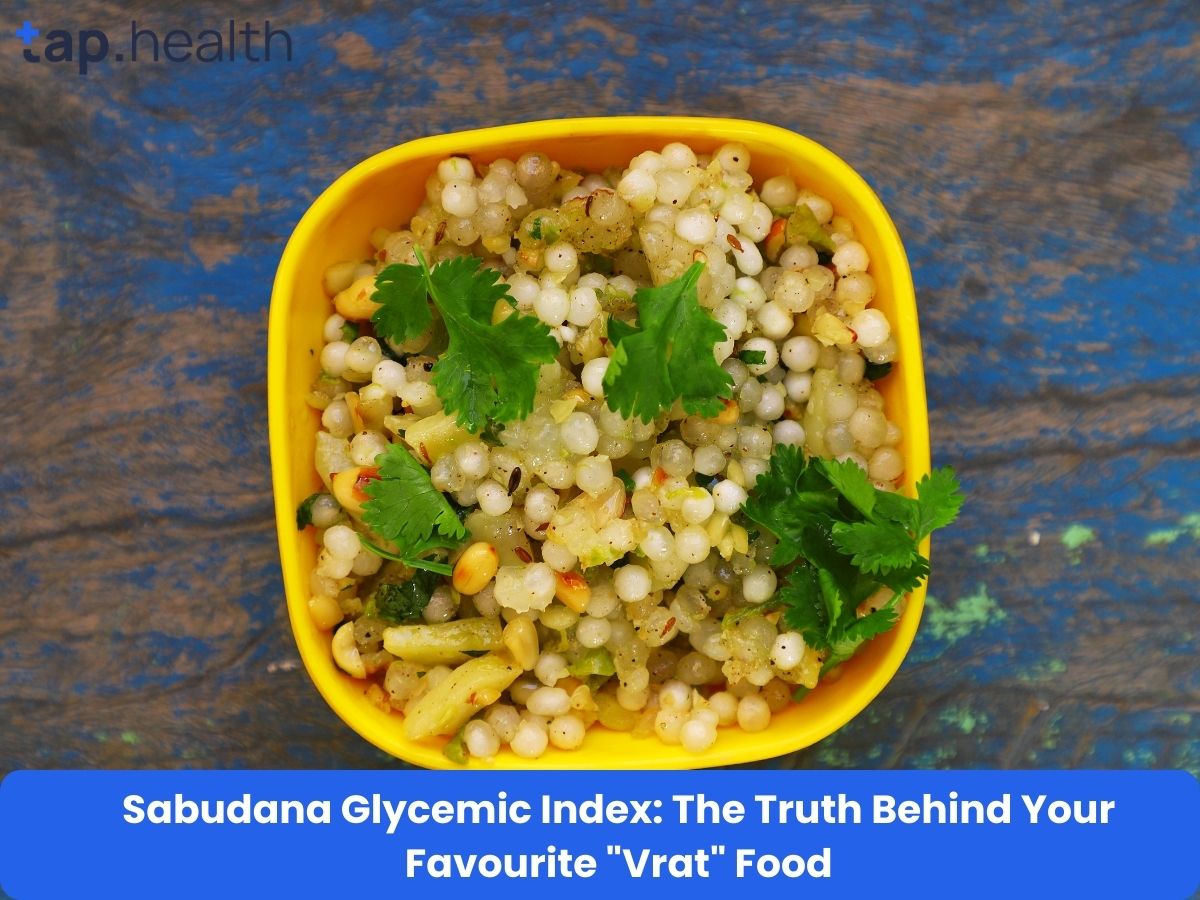Understanding Juice Cleanse Basics
What is a juice cleanse and how does it work?
A juice cleanse involves drinking only fresh fruit and vegetable juices for 1 to 7 days. It aims to detoxify the body, reset digestion, and support quick weight loss by eliminating solid foods. Cold-pressed juices from fruits, veggies, nuts, and seeds provide concentrated nutrients. The body naturally detoxes via liver and kidneys, but juice cleanses offer a structured reboot for health enthusiasts.
Why consider juice cleanse for detoxification?
People choose juice cleanses to flood the system with vitamins while giving digestion a rest. It’s popular for those seeking a fast health reset amid busy lifestyles.
Key Benefits of Juice Cleanse Programs
How does juice cleanse provide a nutrient boost?
Juicing delivers high doses of vitamins and minerals in one glass. For example, a green juice with kale, spinach, and apple offers vitamin A, C, and K for immune support, skin health, and bone strength. Antioxidants from berries fight inflammation.
Is juice cleanse a convenient way to consume more produce?
Yes, it simplifies meeting daily fruit and vegetable goals. One juice equals multiple servings, ideal for those struggling with whole foods intake.
Does juice cleanse give digestive rest?
Eliminating solids allows the gut to recover. Hydrating juices reduce bloating and ease constipation, promoting smoother digestion.
What is the weight loss potential in juice cleanse?
Low-calorie juices create a deficit, leading to rapid drops—often 3-5 pounds in days. This kickstarts healthier habits but is mostly water weight.
How does juice cleanse improve hydration?
Water-rich ingredients like cucumber, celery, and watermelon keep you hydrated, boosting energy, skin glow, and bodily functions.
Can juice cleanse offer psychological detoxification?
Many feel energized and “cleaner” post-cleanse. The ritual provides mental rejuvenation, even if physical detox is body-led.
Drawbacks of Juice Cleanse Programs
Why does juice cleanse lack protein and healthy fats?
Juices skim on these macros needed for muscle repair and hormones. Prolonged use risks fatigue or imbalances.
How can juice cleanse cause blood sugar spikes?
Fruit-heavy juices raise fructose levels quickly without fiber, protein, or fat to stabilize. This concerns those with insulin issues or diabetes.
Is juice cleanse weight loss short-term?
Yes, regained weight returns upon resuming solids. It’s not sustainable; metabolism may slow from restriction.
What nutrient deficiency risks come with juice cleanse?
Missing iron, calcium, and omega-3s affects bones, immunity, and energy. Extended cleanses amplify deficiencies.
Can juice cleanse lead to digestive discomfort?
Liquid-only intake may cause bloating, diarrhea, gas, headaches, or fatigue from sugar overload or adjustment.
Why is the cost of juice cleanse a con?
Pre-made cold-pressed juices are pricey—$50+ daily. DIY saves but requires equipment and time.
What social and lifestyle limitations does juice cleanse impose?
Hard to maintain at events or with family. Active routines suffer from low energy.
Is TapHealth Juice Cleanse Suitable for Diabetes Management?
TapHealth offers guided juice cleanse programs with balanced recipes to minimize risks. For diabetes, consult providers first—opt for veggie-focused juices to avoid spikes. TapHealth emphasizes short durations and nutrient monitoring for safer experiences.
Juice Cleanse FAQ: Answering Common Queries
How long should a juice cleanse last for optimal results?
1-7 days max. Longer needs medical supervision to prevent deficiencies.
Can juice cleanse help with sustainable weight loss?
Short-term yes, but pair with diet/exercise for lasting fat loss.
Is juice cleanse safe for people with diabetes?
Consult doctors; monitor blood sugar and choose low-fruit options.
What are the main risks of juice cleanse programs?
Deficiencies, muscle loss, discomfort, and unsustainable results.
How to do a DIY juice cleanse effectively?
Blend veggies/fruits balanced; use juicer for fresh, varied nutrients.
Final Thoughts on Juice Cleanse Effectiveness
Juice cleanses shine for quick nutrient boosts, hydration, and motivation but falter in sustainability and balance. Weigh pros like produce intake against cons such as blood sugar concerns. For diabetes or health issues, professional advice is key. View it as a temporary tool in a varied diet.



